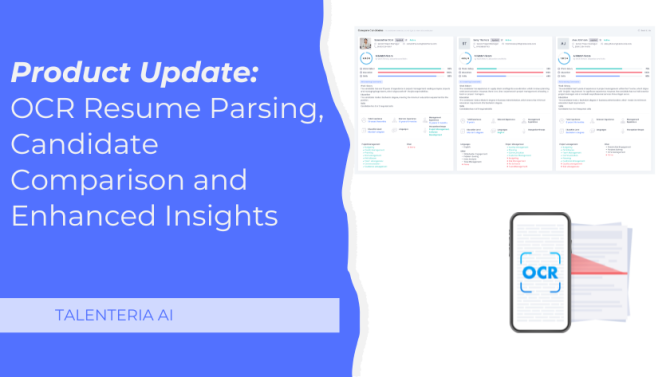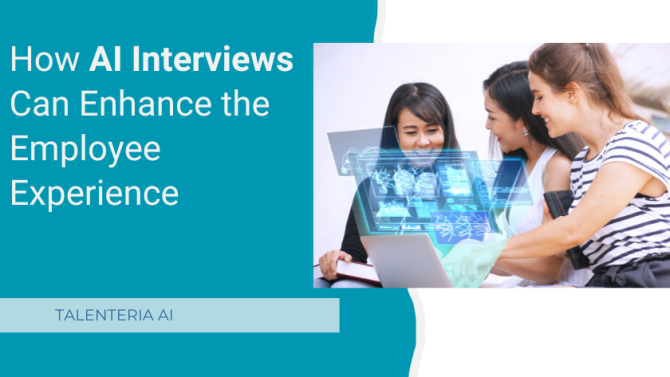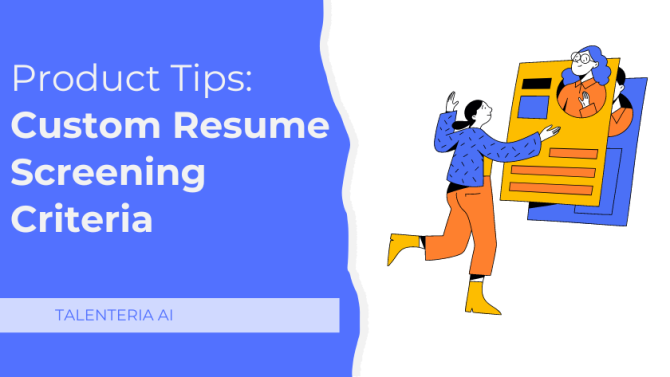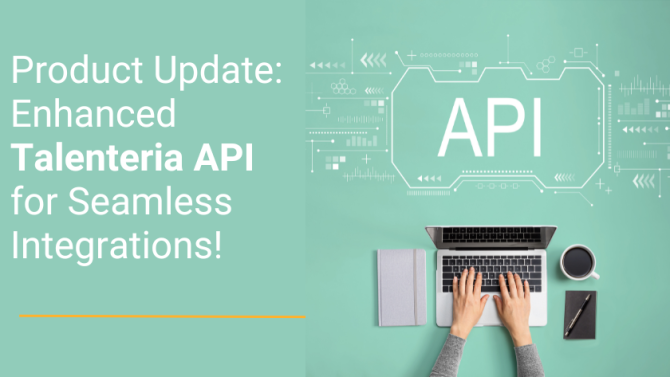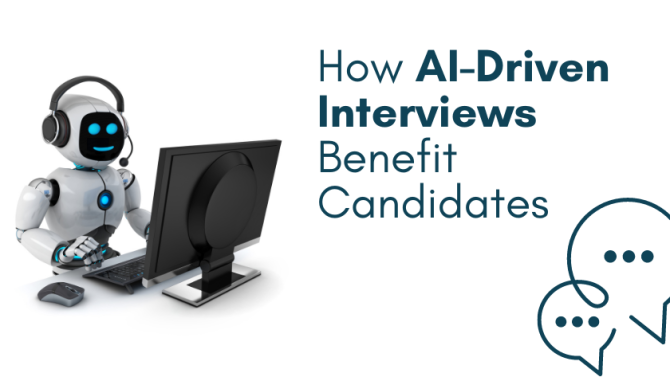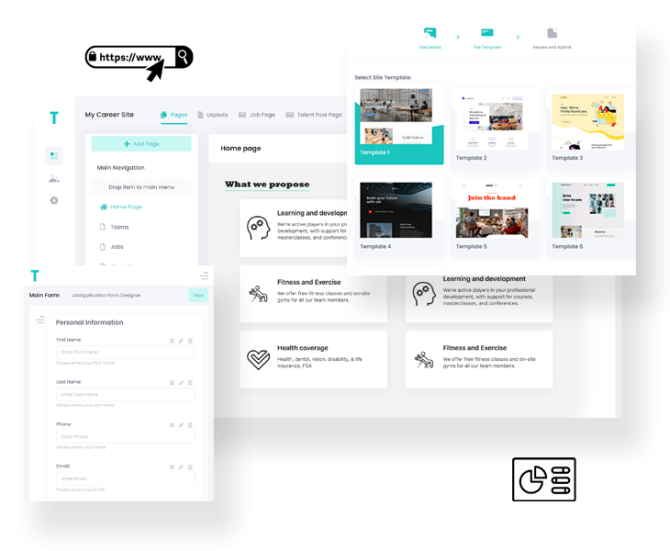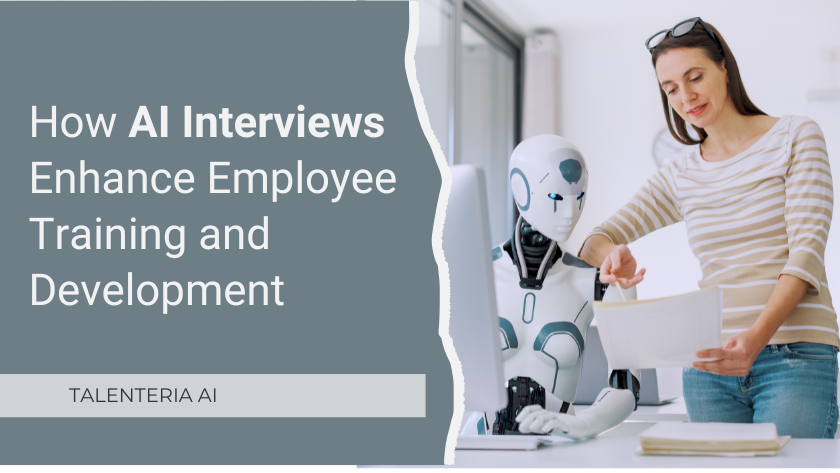
Employee training is now and has always been much more than a one-time event that takes place within an organization; it is a process that enables employees to remain motivated, knowledgeable, and ready to face new challenges in the course of their work. Situational interviews are starting to become popular in the employment process to determine training needs, conduct situational interviews, and get feedback on the training process. Here’s how AI interviews can be easily incorporated into the training process to increase its value.
Assessing Training Results Through AI Interviews
One of the top issues in employee training is whether the employees have kept the knowledge they have been given and can use it in the real world. Other than the traditional assessment methods such as quizzes, written tests, etc., the AI-powered interviews can help in the following ways:
- Evaluating knowledge application – Instead of creating multiple-choice questions, the AI interviews may pose open-ended questions to employees on training topics and make them explain their answers.
- Providing real-time feedback – The AI can classify the responses received from the candidates and give instant feedback on whether the response is correct and where more learning may be needed.
- Identifying skill gaps – Through the use of AI-driven assessments, it’s possible to determine what parts of the content are most difficult for employees, so that trainers can come in with better strategies and learning pathways for the future.
Simulating Real-Life Scenarios with AI Situational Interviews
Situational training is critical in ensuring that employees are well-equipped to handle various issues that are likely to be faced in the workplace. The technology can also be used to create artificial interviews that can replicate the real-world conditions and then try to understand how people would react in such a situation. These interviews can be used for:
- Customer service training – Using AI, it is possible to subject employees to specific difficult customers and assess their responses according to company policies and guidelines.
- Crisis management preparedness – It is possible to design AI interviews to emulate various calamities and assess the capacity of employees to react and make the right decisions during a crisis.
- Leadership development – Managers in training can be taken through a number of situational interviews funded by AI to determine their analytical and decision-making aptitude.
Thus, the scenarios modeled by AI interviews are coherent with real-life work situations, which allows employees to learn and improve their performance without risking actual performance.
Gathering Employee Training Feedback with AI
Feedback is an essential part of any training process. AI interviews can replace conventional surveys and feedback forms, making the process more effective and detailed. Some of the advantages are:
- Personalized responses – The AI can follow up on some of the answers from the employees and get more details on the effectiveness of the training.
- Unbiased data collection – There are no biases that are likely to be encountered in human interviews as opposed to the AI interviews, thus the feedback is more sincere.
- Scalability – Organizations can use AI to conduct training feedback interviews with thousands of employees at once, which will help ensure that every employee is evaluated similarly.
The Potential of AI in Employee Training: The Future
The use of AI in the employee training process will not be limited to the assessment and feedback tools in the near future. Some of the future applications may include: AI-assisted coaching, adaptive learning technologies, and prediction models for training needs analysis based on the performance management process.
This means that companies can develop a better system for employee training with the help of AI interviews that can increase employee engagement, improve the efficiency of the training process, and make the training more tailored to the needs of the employee. It begins with determining what type of AI interviews can be used to evaluate knowledge, describe work situations, or obtain employees’ opinions in the workplace.
In order to improve the effectiveness of their training programs, organizations should consider using AI interviews to increase participation, memory retention, and individual learning. The training assessments based on AI are a cost-effective, time-efficient, and precise way of telling if the employees have been properly equipped for the real world.
